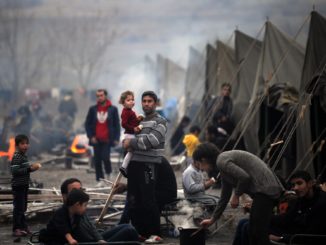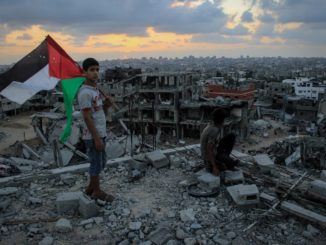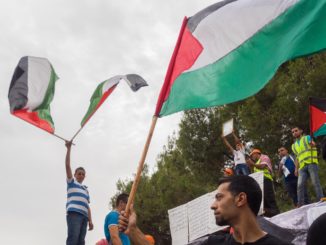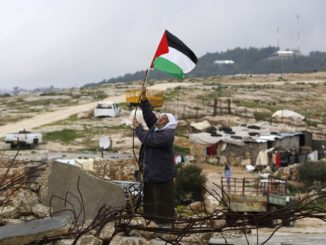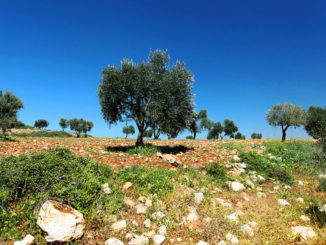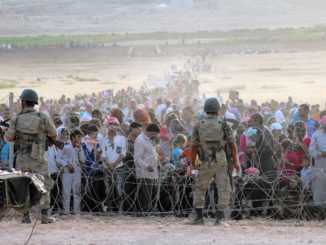
Europe’s Iron Curtain: Why the Refugee Crisis is About to Get Worse
Europe continues to view the refugee crisis in terms of security, populist pressures and national identity, as opposed to it being a global humanitarian crisis invited by wars, political strife and economic inequality, of which Europe is hardly innocent.

